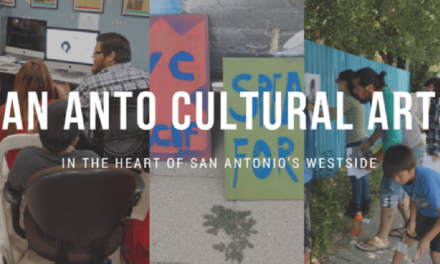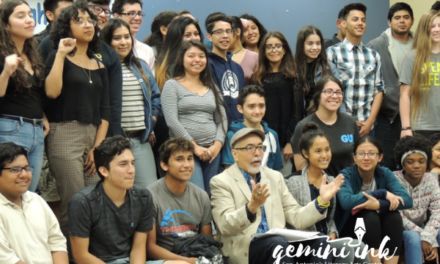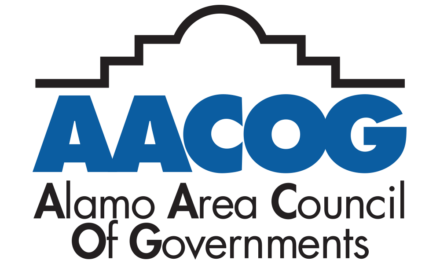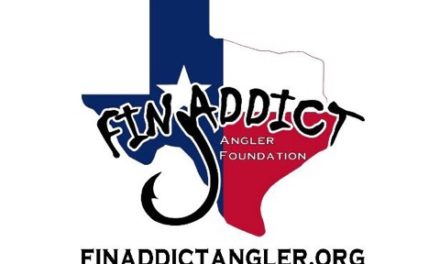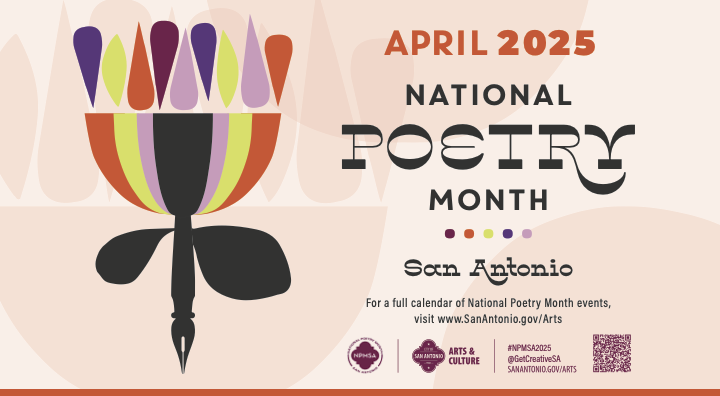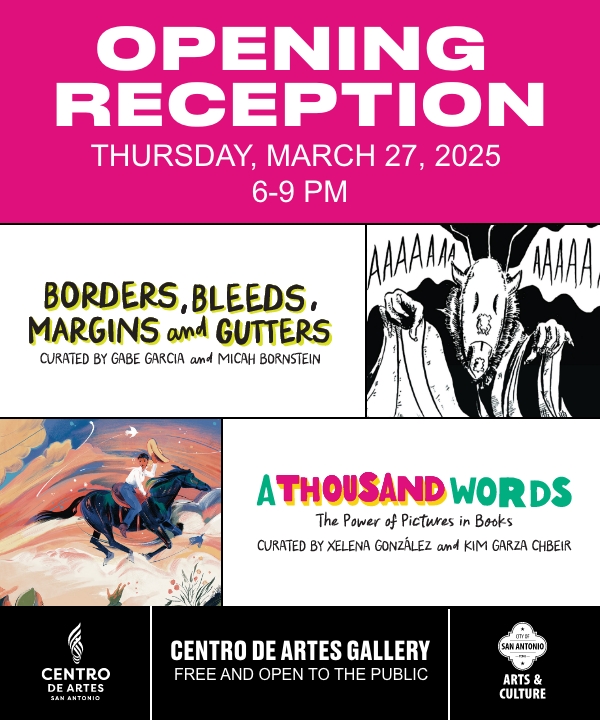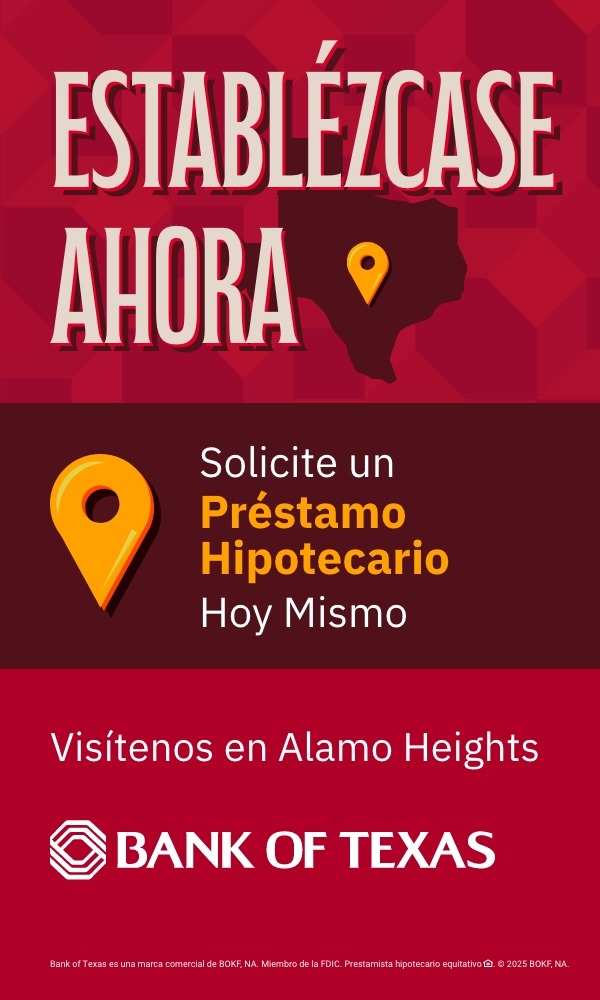Academia América
By Isa Fernández
Academia América is a 501(c) (3) nonprofit organization founded in 2008 by community activists Mario Compéan and Francisco “Pancho” Gonzalez in order to help “promote the social integration of immigrants and keep alive tradition of Chicano activism in the community.” They provide competitive, nonexploitive immigration services to individuals seeking citizenship classes and case-by-case, will provide discounts to the already lower than standard cost of services.
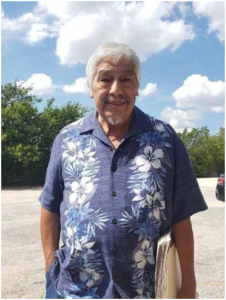 Academia América is an extension of the original mission of the Mexican American Youth Organization (known as MAYO, formed in the late 60s by St. Mary’s University students including Compéan). MAYO was pivotal in leading the 1968 Edgewood High School walkouts which led San Antonio Independent School District v. Rodriguez (1973), a Supreme Court case focused on edu- cation inequality and later, the formation of the political party La Raza Unida, which became prominent in Texas and California in the early 70s. In fact, Compéan ran for Texas Governor in 1978 as the La Raza Unida Party
Academia América is an extension of the original mission of the Mexican American Youth Organization (known as MAYO, formed in the late 60s by St. Mary’s University students including Compéan). MAYO was pivotal in leading the 1968 Edgewood High School walkouts which led San Antonio Independent School District v. Rodriguez (1973), a Supreme Court case focused on edu- cation inequality and later, the formation of the political party La Raza Unida, which became prominent in Texas and California in the early 70s. In fact, Compéan ran for Texas Governor in 1978 as the La Raza Unida Party
candidate. All initiatives, including his candidacy for governor, were endeavors envisioned to help “undo the racial discrimination that had existed over time…the way our people have been subjected to (racism) over time by institutions and individuals.”
Compéan has spent his professional life supporting Chicano initiatives, serving as National Co-Chair of the Chicano Latino Conference on Immigration and Public Policy during the Carter Administration (1977-1981). He facilitated a formal agreement between the University of Wisconsin (his alma mater where he received his Master’s in Bi- lingual Education) and Palo Alto College in San Antonio, Texas to create a 2+2 Pro- gram. The program transfers local college credits with university credits, helping lower the costs of a college education and diversify the student body. He built a Chicano Studies Program and served as Chair of the Chicano Studies department at the University of Wiscon- sin from 1979-1991 and later served as Chicano Studies faculty at Metropolitan State University in St. Paul, Minnesota. In 1996, he was hired to create a Chicano Studies program in Yakima Valley Washington, after students demanded a program by protesting at the university president’s office. Expand- ing his work for the Chicano community, Compéan also trained mid-western migrant farm workers to participate at the board level concerning issues pertaining to them.
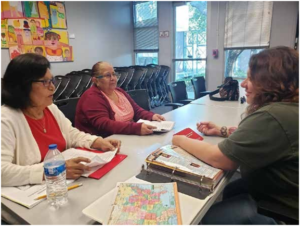 After retiring in 2004, he and longtime friend Francisco “Pancho” Gonzalez built Academia América to address issues affecting immigrants. The idea came during a regular breakfast get-together, when another restaurant patron was over- head seeking volunteers to teach citizenship classes. Gonzalez volunteered his friend Compéan right away. As advocates do, Compé- an obliged, and Gonzalez joined him. After a year and a half, they realized they should start their own group “and the rest is history,” says Compéan. Support from then District Five Council- woman Lourdes Galvan and then District One Council- woman Mary Alice Cisneros helped provide office space (a five- year lease for $1 a year) and small capacity building grants to pay for basic equipment and technical assistance.
After retiring in 2004, he and longtime friend Francisco “Pancho” Gonzalez built Academia América to address issues affecting immigrants. The idea came during a regular breakfast get-together, when another restaurant patron was over- head seeking volunteers to teach citizenship classes. Gonzalez volunteered his friend Compéan right away. As advocates do, Compé- an obliged, and Gonzalez joined him. After a year and a half, they realized they should start their own group “and the rest is history,” says Compéan. Support from then District Five Council- woman Lourdes Galvan and then District One Council- woman Mary Alice Cisneros helped provide office space (a five- year lease for $1 a year) and small capacity building grants to pay for basic equipment and technical assistance.
“By definition, the pro- gram works mostly for those who are already legalized residents. We have to refer others to other programs,” says Compéan. “The reality is that families are mixed. Some have “legal status” and some don’t. So not every immigrant family that already has a citizen are free from the impact of all of this” (current anti-immigrant temperature). “It cannot be overstated how much impact this has on the psychological state (of immigrants), never knowing what’s going to happen the next day,” he continues.

Academia América is grounded in principles of “Human Rights, Social Justice and Anti-discrimination and its mission is to promote the social and civic integration of immigrants. They envision a world where immigrants experience social justice, equality and a life free of discrimination,” according to their mission statement.
Towards this effort, they provide low-cost education programs and services to immigrants to help forward education and integration and a variety of programs and services including:
Citizenship Education. The Nuevos Ciudadanos Citizenship Education Program, consisting of twenty-hours of civics and naturalization test prep delivered in English and in Spanish. Courses are delivered in ten-week sessions each calendar quarter at multiple locations (including churches and public libraries). This is followed up by 40 hours of tutorial while they wait to be called, because that can take up to a year!
Naturalization Application. Academia América provides access to low-cost legal services to its clients via partnerships with nonprofit legal services centers.
Civic Engagement. Academia America holds civic and community engagement workshops periodically, including voter education, to motivate lawful immigrants to get involved in community civic life and culture.
Know-Your Rights. Academia America partners with community groups to provide limited legal services for basic legal issues from pro bono from retired lawyer for those enrolled in classes. The also sponsor forums and workshops to inform immigrants of their rights.
Financial Literacy. Compéan notes that having this feature is unfortunately derived from the deficit model, assuming people don’t know how to manage their money but is the only way banks can justify giving grants to programs like this…not acknowledging the reality of non-livable wages. Academia América partners with local banks to provide Financial Literacy education that emphasizes money management practices that lead to financial security.
Client Profile. In 2017 ninety one percent of clients were Mexican and the other 9% Central Americans and other nationalities. Women represented 69% and seniors about 34%%. About 88% reported income below the national median household income.
The goal for Academia América ultimately is to help immigrants become citizens and voters who use their voices to advocate for their needs and that of their Chicano neighbors. Academia América has an annual fundraising event to help fund operations taking place October 12, 2019.
To learn more, register for classes or support the fundraiser, please visit
www.academiaamerica.org.
E-Mail: mcompean@academiaamerica.org
Call: 210-910-6363

